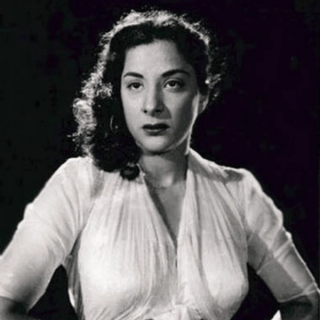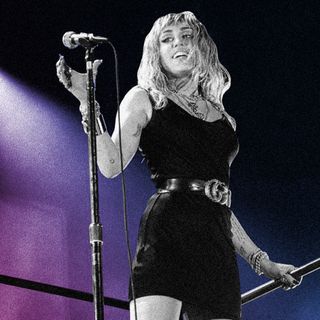The #BlackLivesMatter movement in the U.S. has led to institutional reckonings in all industries, from fashion to media and now to Hollywood. Movies and TV shows that portrayed blackface are now being heavily censored, with shows such as The Office, Community, It’s Always Sunny in Philadelphia, and 30 Rock retrospectively revising anti-Black narratives. These shows are either editing out blackface scenes, or removing the episodes that contain such portrayals completely. These symbolic gestures come from predominantly white creators aiming to placate woke audiences; they do little to nothing to help the BLM cause.
30 Rock creators Tina Fey and Robert Carlock, along with NBC Universal, for example, were the ones who asked streaming and syndication sites to pull four episodes that had white characters in blackface, after having to apologize publicly following internet backlash. This was an instantaneous reaction to appease people who called out one very specific, racist portrayal. It wasn’t, however, a measured response that goes beyond addressing immediate criticism, one that takes into account the long-term utility of such a move, of which there is none.
It’s a pattern — whenever there is societal pressure, often amplified by social media, intense scrutiny turns to things we consume every day, which prompts knee-jerk, immediate solutions only designed to allay the anger. In this case, revising problematic pop culture only serves to absolve these shows of its racism, by which it becomes more of an exercise in literally whitewashing past behavior and ideologies, than in supporting a cause or showing solidarity.
Herein lies the problem — these shows are a product of their time, when Black people were not welcomed into the writing rooms of shows that achieved cult-like popularity. It’s the whiteness, maleness of these writers’ rooms that came up with these ‘comedic’ portrayals at the expense of Black people, which we can now point to when charting a path for achieving more diversity, inclusivity in Hollywood. We can now say — hey, see what happens when you don’t let people of color in the room? You end up with content that is tone-deaf, racist, sexist, and will one day cause you lots of trouble. Erasing this history altogether, however, does a disservice to future understandings of the progress we’ve made since Dwight as Belsnickel had his minion dress in up blackface, just for laughs.
Related on The Swaddle:
In Hollywood, Women Stars Earn US$ 1 Million Less Than Male Peers
Erasing the past is not the way to build a better future. Learning from the past, while acknowledging the pervasiveness of racist, sexist, homophobic rhetoric apparent in these shows, is the only way to move forward and make sure we don’t make the same mistakes again. If there was a void where blackface portrayals, or slurs against queer people, or disparaging remarks against women take up space, then there’s nothing left to correct or improve, which would mean we’re essentially shrouding these issues once again, pretending they don’t exist, halting progress.
This begs the question, however — how do we deal with the problematic pop culture of the past, especially when it has entrenched itself into the comfortable crevices of our psyche, guarded by nostalgia? It’s an important piece of the puzzle if we were to analyze how we got here, so erasing it completely isn’t an option, especially not for platforms that draw in a majority of subscribers because of these all-time favorite shows. The logical argument, then, is to ask viewers to stop watching these shows, cut off the demand to make the supply eventually stop. This, again, is unrealistic, simply because that’s not how nostalgia works — people could be into The Office, or F.R.I.E.N.D.S, or It’s Always Sunny despite the shows’ tone-deaf writing, simply because they ascribe emotions and memories to these shows that form a personal connection.
The move here is not to remove these shows, it’s to replace them. Hire more Black and Brown, queer, differently-abled people as actors, writers, directors, cinematographers to make more shows like Insecure, Dear White People, Atlanta; pay them equally; market these shows with the same fervor we do re-runs of F.R.I.E.N.D.S. Let racist, sexist and homophobic shows from the 1990s and 2000s fade away into history, as relics, available to those feeling nostalgic, but not good for much else. Let these shows be replaced by new, progressive, radical content that’s not required to match up to what came before, but seen as creating the way forward.
The damage has already been done. It’s no use trying to redo the past. The only thing we can do is make sure it has no bearing on the future.




